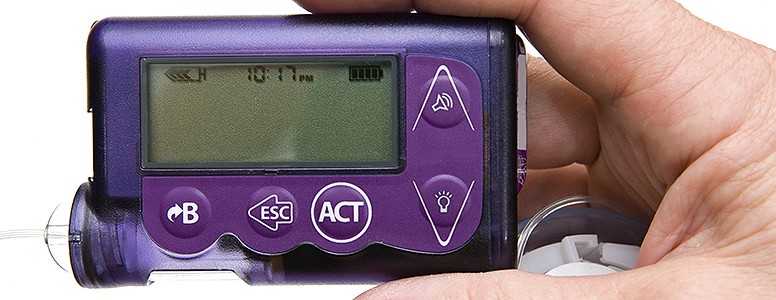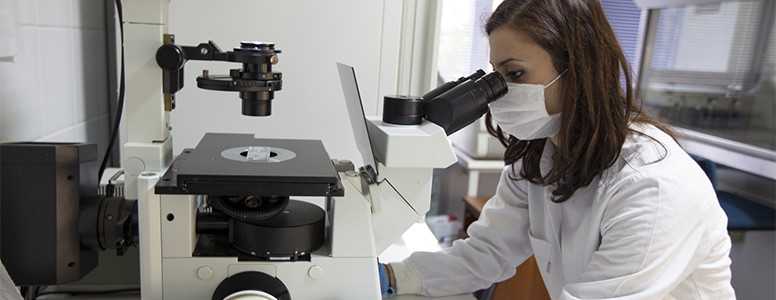A total of £1.06 million is to be spent on improving the long-term use of diabetes devices.
The prize money has been awarded to a research team in Michigan in the United States by the National Institute of Diabetes and Digestive and Kidney Diseases of the National Institutes of Health.
The university’s aim is to prevent foreign body reaction (FBR), which occurs when devices, such as infusion sets, patch pumps and glucose sensors, have been implanted in the body for a long period of time.
FBR affects some people with type 1 diabetes who rely on continuous or on-demand insulin therapy to manage their disease.
FBR results in fibrotic tissue surfacing around the implant and blood supply around the area decreases. When this happens it means the implant has to be replaced.
The National Institute of Diabetes and Digestive and Kidney Diseases of the National Institutes of Health gave the money to Dr Zhiqiang Cao, who is from the Wayne State’s College of Engineering.
His team are looking to develop a unique formula of material which can be applied to the surfaces of most implantable devices and will prevent or slow down FBR.
Professor Guangzhao Mao, who is chair of chemical engineering and materials science at Wayne State, said: “Zhiqiang was selected as one of a small number of early-stage investigators to receive this prestigious award by demonstrating exceptional creativity and innovation in his proposed research.
“We expect him to make a major impact on the diabetes research in the years to come.”
Dr Cao said: “We will identify the mechanism of failure for implanted infusion sets, and then develop a formulation that will prevent the infusion set to have a foreign body reaction.
“This will help the patient have normal insulin absorption to aid in managing their diabetes, and less possibility of other problems causing the devices to fail.”
It is hoped Dr Cao’s team’s work will help extend the life of infusion sets, patch pumps and glucose sensors.
What's new on the forum? ⭐️
Get our free newsletters
Stay up to date with the latest news, research and breakthroughs.








